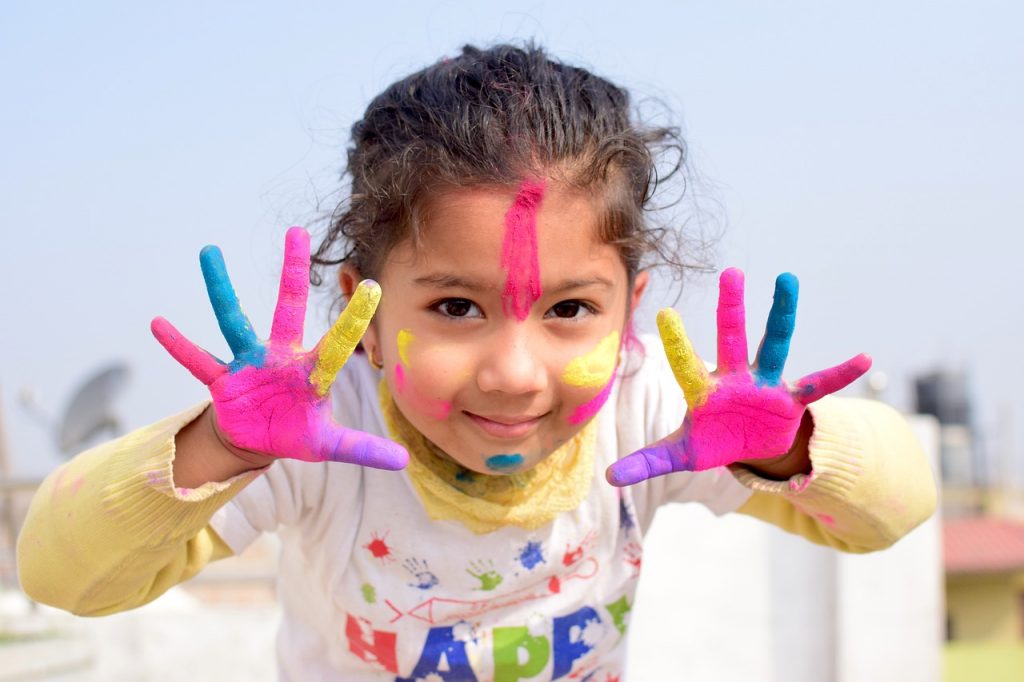Know Yourself, Grow Yourself

This week, our guest blog is from our friend Laura, who is mental health and wellbeing lead at Lumii.me and Lumii.Life talking about Children’s Mental Health Week.
Children’s Mental Health Week runs from 3 – 9 February this year – now in its 11th year, the annual week is organized by children’s mental health charity Place2Be. Children’s Mental Health Week shines a spotlight on the mental health challenges faced by young people and provides an opportunity to engage in meaningful conversations.
What Is Children’s Mental Health Week About?
Each year, Children’s Mental Health Week focuses on a unique theme to empower children and young people to understand and prioritize their mental wellbeing. This year’s theme, “Know Yourself, Grow Yourself,” encourages self-awareness, helping young people identify their emotions, recognize what they need to thrive, and foster resilience.
The goal of the week is clear: to break down barriers and create environments where children feel safe and supported to talk about their mental health. Whether in schools, at home, or in the community, it’s an opportunity for everyone to work together to prioritize the wellbeing of young people.
A Growing Challenge: The Rise in Children with Mental Health Struggles
Children’s mental health challenges are on the rise. Recent studies show that 1 in 6 children aged 5-16 years experiences a diagnosable mental health condition, and this number has been increasing steadily. Factors like academic pressures, social media influence, family stress, and the aftereffects of the pandemic have contributed to heightened anxiety, depression, and stress among young people.
However, not every child who struggles is easy to identify. Many mask their feelings so well that their challenges go unnoticed until they reach a crisis point. Recognizing these silent struggles is one of the biggest hurdles in supporting young people.
Five Tips to Support Children’s Mental Health
We at Lumii.me are dedicated to helping schools identify and support pupils with mental health needs; the journey begins with awareness and early identification. Here are five practical tips to start:
1. Know Who Is Struggling
Some children openly express their feelings, but others mask their challenges, making it difficult to know who needs help. Create opportunities for safe, open conversations and check in regularly with all pupils—not just those who seem visibly upset. Lumii.me offers tools to help schools identify children who might be struggling without relying solely on observation.
2. Build Trusting Relationships
Strong, supportive relationships between children and trusted adults are key. Teachers, parents, and caregivers should create environments where children feel safe sharing their thoughts without fear of judgment.
3. Promote Emotional Literacy
Help children name and understand their emotions. Teaching them to articulate feelings like sadness, frustration, or worry can reduce their feeling of being overwhelmed and encourage them to seek help.
4. Create a Culture of Openness
Normalize conversations about mental health by incorporating them into the curriculum and everyday interactions. Whether through classroom discussions, storytelling, or creative activities, make mental health part of the conversation.
5. Empower Support Networks
Support doesn’t stop with children; parents and teachers need resources, too. Provide access to training, workshops, or services like Lumii.me that guide adults in identifying and supporting children who might be silently struggling.
How You Can Make a Difference
Children’s Mental Health Week 2025 is a powerful reminder that everyone can play a role in supporting the mental wellbeing of children and young people. Whether you’re a parent, teacher, or community member, small steps can make a big difference.
To learn more about how to identify and support children with mental health challenges, visit www.Lumii.me for more tools, resources, and expert guidance. Together, we can help young people “know themselves and grow themselves” into resilient, self-aware individuals.
Let’s make mental health support accessible to every child. This week—and every week—let’s prioritize their wellbeing.
Laura Tristram is a teacher, mum, and mental health and wellbeing lead at www.lumii.me and www.lumii.life